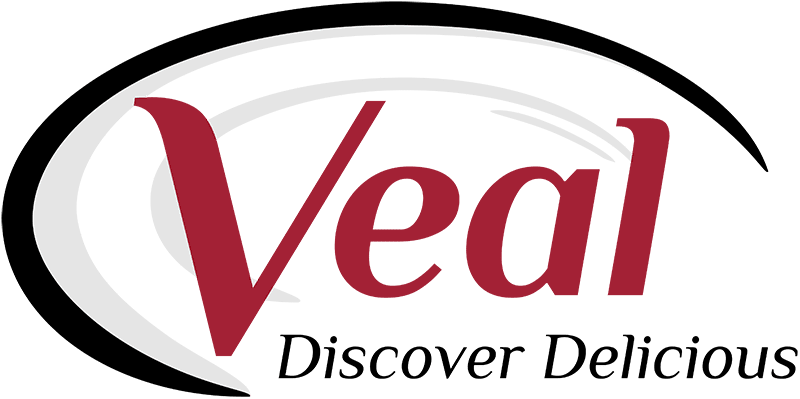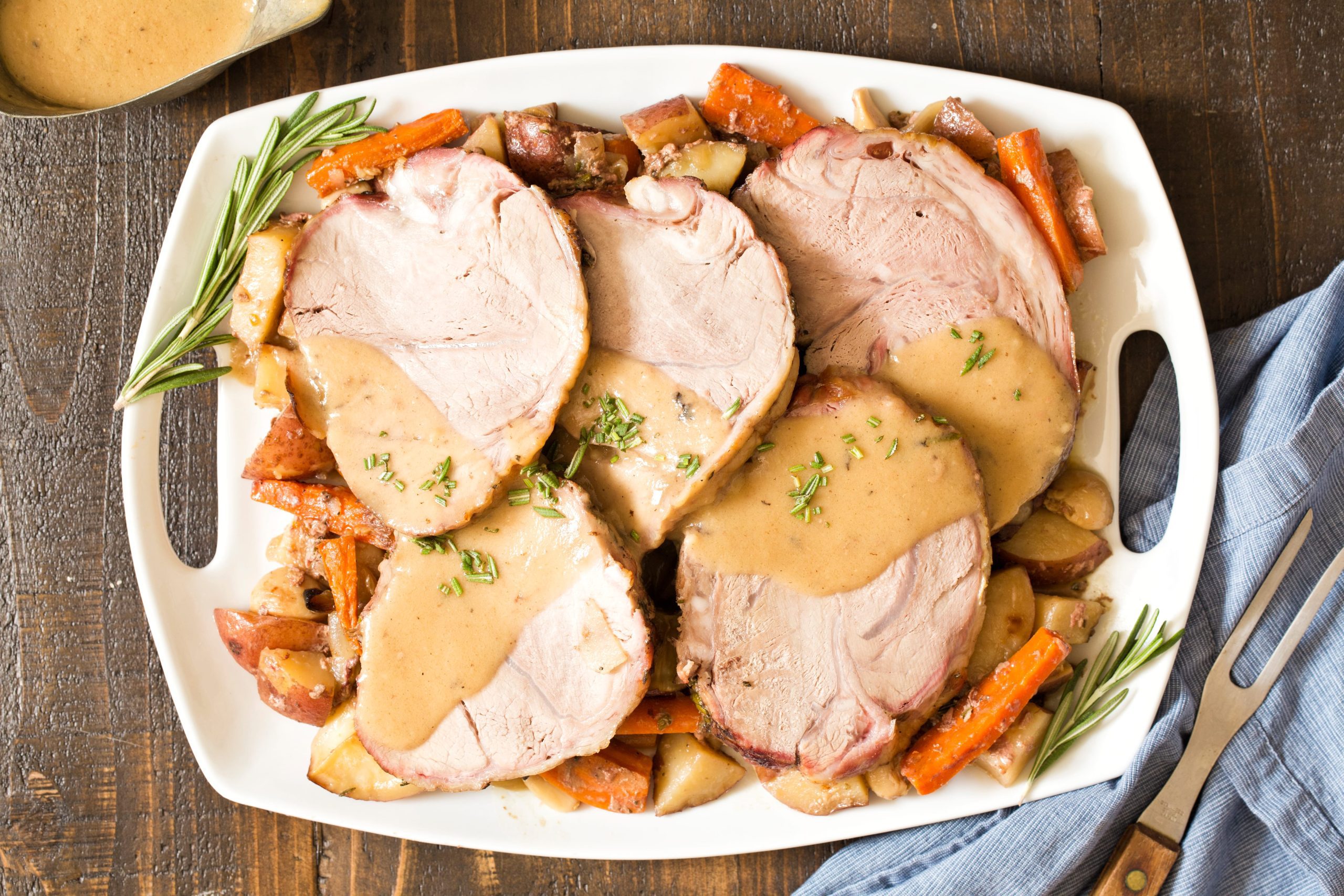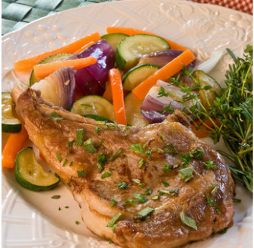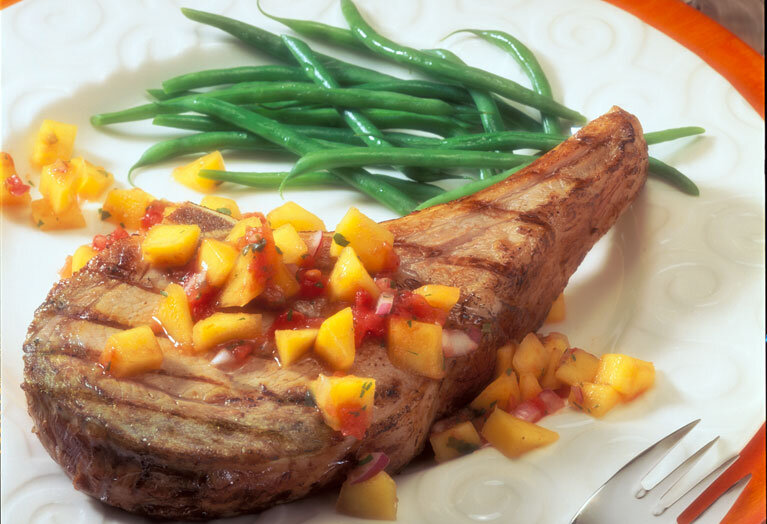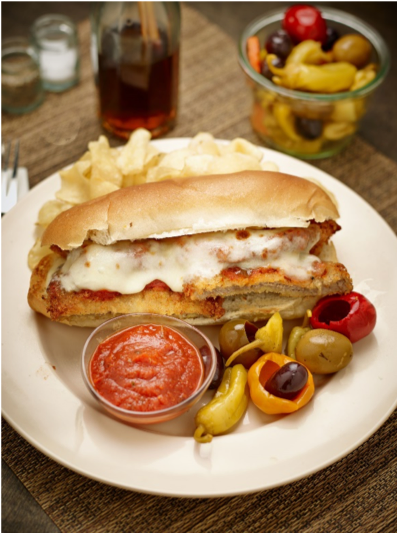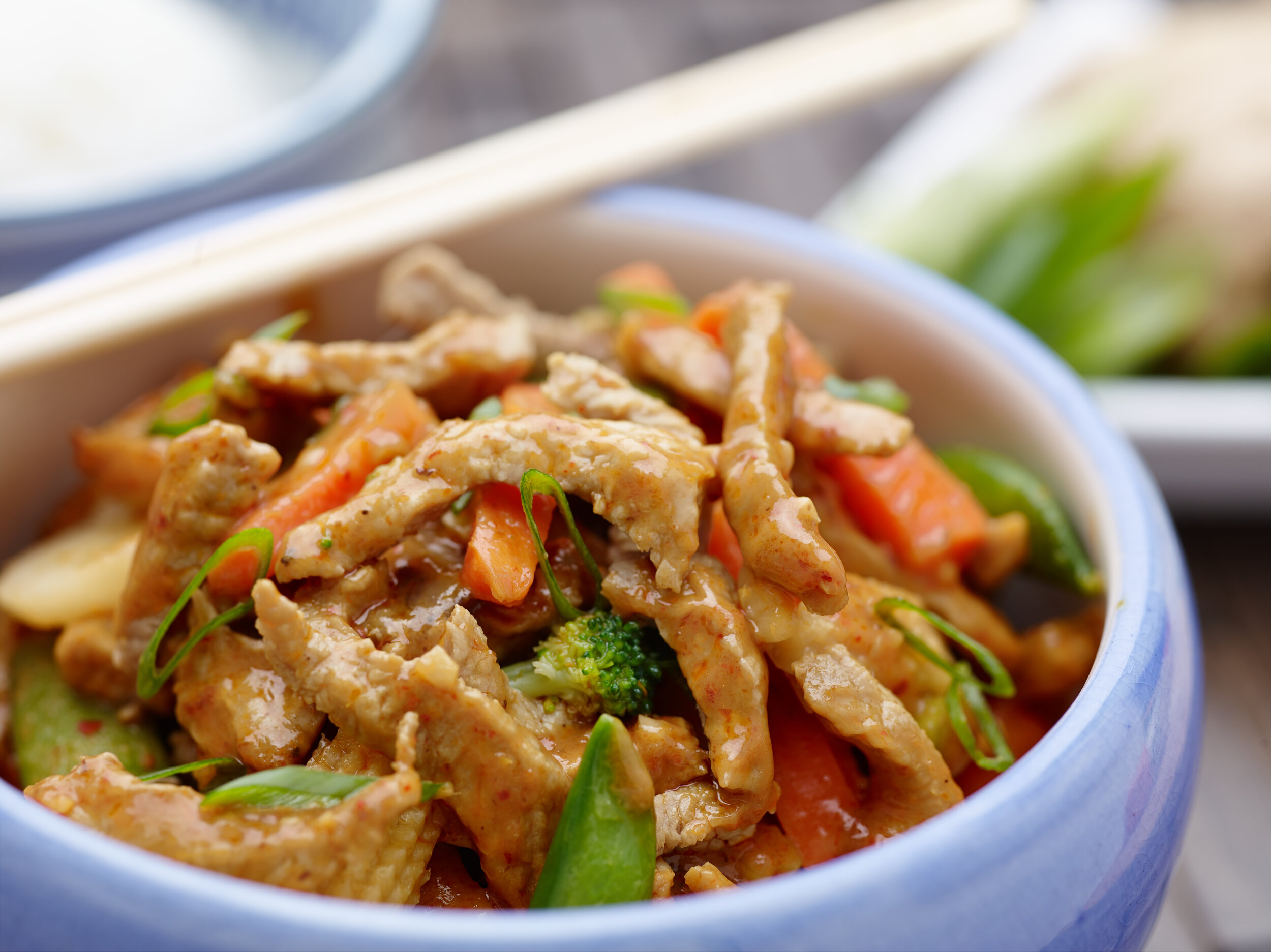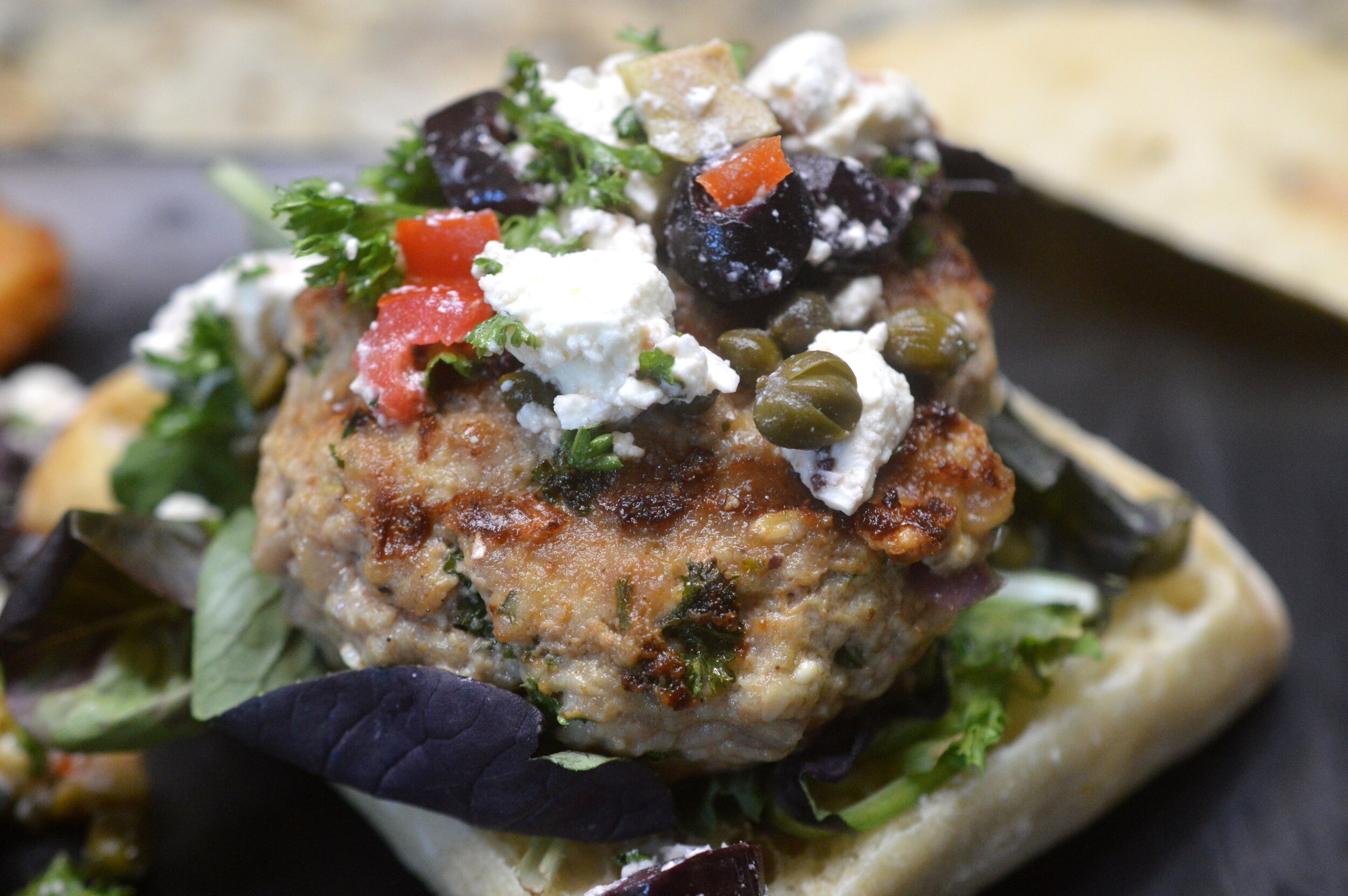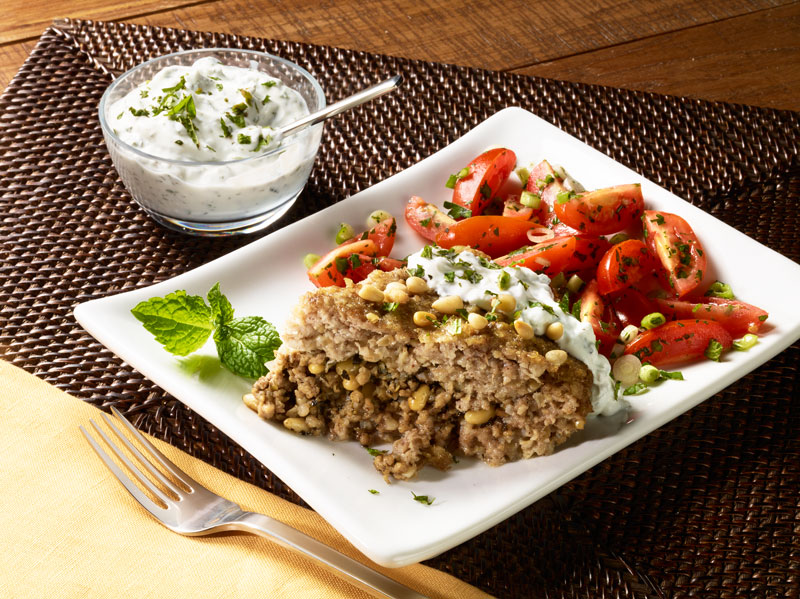JUNE VEAL BLOG
Promotions
The Beef Checkoff and Mushroom Council announces the 5th Annual Summer Grilling Sweepstakes.
The sweepstakes will launch on July 15th and run until September 3rd. Digital media supporting the promotion will encourage consumers to visit the vealmadeeasy site to enter the “Win $500 in Free Grocery Sweepstakes” and learn about veal’s nutritional benefits and more. Participating retailers will feature on-pack recipe labels promoting the newly created Grilled Blended Meatballs with Sweet Teriyaki Glaze created by Jess Pryles. This savory meatball blend of veal and mushrooms coated with sweet teriyaki glaze is sure to be a winner on the grill.
Veal Quality Assurance
The Veal Quality Assurance program is the gold standard for ensuring the well-being of calves and the recent undercover video serves as a reminder to all those raising calves to review the Best Management Practices outline in the program. Farmers should remain vigilant with unknown individuals around their farms and businesses and redouble their efforts to emphasize that animal abuse, in any form, will not be tolerated. A proven strategy is to ensure that all employees are VQA certified and receive periodic refresher training on Best Management Practices for animal care and handling. Some of those VQA Best Management Practices include:
-
Adequate space is provided for calves to easily stand, stretch, lie down, turn around, groom naturally, and have visual contact with other calves.
-
Calves are in group pens of two or more calves, and no calf is individually penned after 10 weeks of age, unless it is for health purposes such as sickness, injury or disease.
-
Calves should never be tethered.
-
Calves are to be moved to their destination by walking them or lifting them safely and efficiently (for short distances with handler arms gently supporting the animal from under the neck and under the loin or around the rump.)
-
Transportation plans are developed, documented and implemented to eliminate thermal distress, dehydration, interruptions in routine feeding, physical exertion, exposure to pathogens and stress from weather changes.
The checkoff funded website, Veal Farm is a resource for additional information on how veal is raised today.
State Beef Councils
Veal in the Classroom
Veal has been popular this past year within middle and high school culinary classrooms across Pennsylvania. For its seventh year, the PA Beef Council with support from Mountain States Rosen and Marcho Veal provided veal grants to family and consumer science educators during the 2018-2019 school year with approximately 2,900 students benefitting from the grant program. Learn more about the program, here.
Regulatory Affairs
FSIS Posts Annual Summaries of Consumer Complaints. The Food Safety and Inspection Service (FSIS) posted annual summaries of consumer complaints that were entered into the agency’s Consumer Complaint Monitoring System for the years 2015, 2016 and 2017. The summaries provide details on how consumers report complaints to FSIS, the types of complaints reported and complaint outcomes. FSIS plans to post the consumer complaint summaries annually for the previous year going forward. Consumer complaints provide data that supports FSIS’ surveillance and response activities, allowing the agency to investigate reports of potentially unsafe meat, poultry and processed egg products in commerce. View the reports here.
FSIS Requests Comments on Sample Dataset and Data Documentation. The Food Safety and Inspection Service (FSIS) is preparing to publish the next set of establishment specific datasets as announced in the Federal Register on July 14, 2016. Before publishing these datasets, FSIS is making sample datasets available. The sample dataset and corresponding data documentation on raw poultry follow-up sampling results can be found here. Instructions for comment submission can be found here. Comments are due July 12, 2019 and FSIS intends to publish the final database on July 26, 2019.
EU Plans for U.S. Specific Quota on High-Quality Beef Imports. The European Union (EU) plans to provide the U.S. with a country-specific quota for high-quality beef imports, according to a report from Australian trade publication Beef Central. The U.S. Trade Representative and the European Commission reached an agreement in March to grant the U.S. a country-specific share of the 45,000 metric tons duty-free quota. The U.S. will receive an initial allocation of 18,500 tons from the 45,000 tons EU grain fed quota, increasing to 35,000 tons over the next seven years, according to the report. The other major suppliers, Uruguay, Australia and Argentina will share the remainder of the quota volume. Consultations with these other suppliers have now occurred and the next step in the process is for the European Commission to formally begin the EU approval process. USMEF remains hopeful that the EU approval process will happen as quickly as possible.
USDA Predicts Drop in Agriculture Exports in Fiscal Year 2019. U.S. agriculture exports are projected at $137 billion in fiscal year (FY) 2019, according to USDA’s latest quarterly trade forecast, down $4.5 billion from the February forecast. This decline is due to reductions in grains, oilseeds and livestock products. In FY 2018, U.S. agriculture exports reached $143.4 billion, an increase from $140.5 billion in FY 2017. The combined value of livestock, poultry and dairy exports this year are forecast at about $30 billion, representing a projected decline for all products except for dairy. U.S. soybean exports are estimated at $17 billion in FY 2019, compared to $21.6 billion last year. U.S. corn exports are expected to drop from about $11 billion to $10.4 billion this year. Overall, U.S. farm product imports are projected to be $129 billion, a $1.4 billion increase over the previous year. However, the U.S. agriculture trade surplus is projected at $8 billion in FY 2019, which would be its lowest amount since 2006. The full report can be found here.
Trade Data for April 2019. Beef and pork export volumes both were down slightly from January through April of 2018. Beef and pork value also slightly decreased over the same period. Beef and pork export volumes fell 4% and 6%, respectively, and total beef and pork export value decreased 1% and 12%, respectively. U.S. beef export volume and value to the Dominican Republic rose 56% and 50%, respectively, while Hong Kong recorded the largest decreases among market destinations-down 36% in volume and 29% in sales. Meanwhile, the U.S. pork market in Chile rose sharply from this time last year, with volumes up 86% and sales up 62%. Export volumes were also significantly higher in Australia (37%), Colombia (25%) and Canada (12%). Pork export values recorded similar increases in those markets. The source of this data is an analysis by NAMI of data issued by USDA.
FSIS Removes Jambalaya from Food Standards and Labeling Policy Book. In response to a petition filed by McCormick & Company, Inc., the Food Safety and Inspection Services (FSIS) has decided to remove jambalaya from the Food Standards and Labeling Policy Book. For a product to be labeled as jambalaya, it will need to contain amenable levels of meat or poultry and the label must include a common or usual name (e.g., chicken and shrimp jambalaya). Previously, FSIS’s policy book required that jambalaya contain 25% cooked ham. The decision to remove jambalaya from the policy book was made because there are several variations and styles of jambalaya in the marketplace, which make it difficult to have one single standard for the dish.
Meetings, Events and Education
June is National Safety Month. The National Safety Council (NSC) is sponsoring National Safety Month throughout June. The NSC is offering a free National Safety Month kit to help improve programs and demonstrate the importance of safety both at work and home. Participants also gain access to special offers, including discounted training and posters, as well as the chance to attend the NSC Congress & Expo for free. NSC members get additional free materials during June, including posters, five-minute safety talks and more. More information about NSC membership is available here.
2020 IPPE Exhibit Sales Now Open. Exhibit spaces are now available for the 2020 International Production and Processing Expo (IPPE), the world’s largest annual meat, poultry and feed industry event of its kind. In 2019, IPPE featured 1,426 exhibitors covering more than 600,000 net square feet, and welcomed more than 32,000 visitors from over 130 countries. The 2020 expo will remain in Atlanta’s Georgia World Congress Center and take place Jan 28 – 30. A link to the show floor with available spaces can be found here. Contact Eric Zito with any questions.
INTERNAL LINKS ARE FUNDED AND MAINTAINED BY THE BEEF CHECKOFF. ALL OTHER OUTGOING LINKS ARE TO WEBSITES MAINTAINED BY THIRD PARTIES
